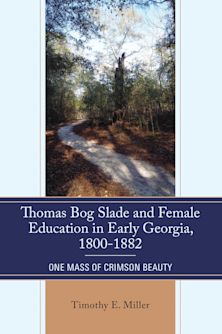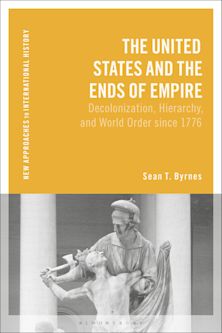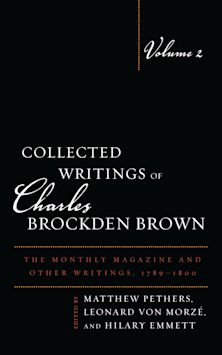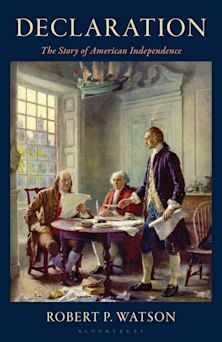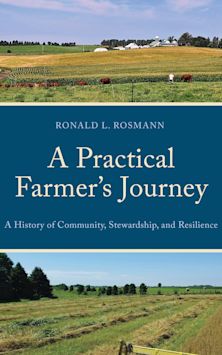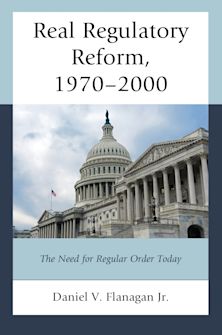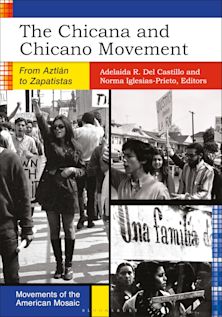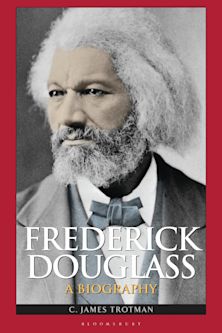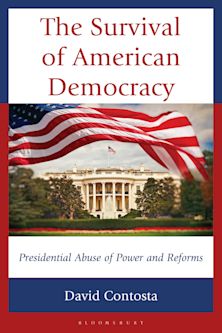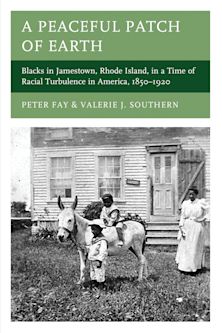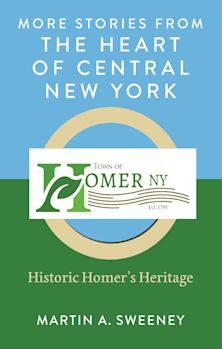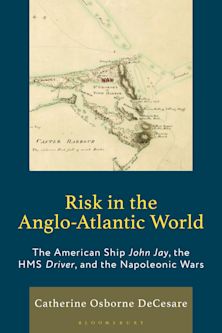- Home
- ACADEMIC
- History
- United States History
- The Human Tradition in Urban America
This product is usually dispatched within 2-4 weeks
- Delivery and returns info
-
Flat rate of $10.00 for shipping anywhere in Australia
You must sign in to add this item to your wishlist. Please sign in or create an account
Description
The Human Tradition in Urban America offers an intimate telling of America's evolution into an urban nation through the experiences of individuals. This book considers the growth of American cities by carefully looking at the lives of those people-some famous, some not so well known-who contributed to this important transition in the country's history. Roger Biles has assembled a superb collection of writings that provide a diverse collage of colorful and engaging characters. Covering the eighteenth through twentieth centuries, these diverse biographies show that the formation of America's new structure and environment was not simply the product of some mysterious blend of impersonal forces, but instead was the handiwork of a rich variety of human actors. The Human Tradition in Urban America is an accessible book that will appeal to all readers interested in the history of urban America.About the Author
Roger Biles is professor of history at East Carolina University. He is the author and editor of several books on urban history, including From Tenements to the Taylor Homes: In Search of an Urban Housing Policy in Twentieth-Century America and Richard J. Daley: Politics, Race, and the Governing of Chicago. He is a member of the Board of Directors of the Urban History Association and currently serves as the book review editor for H-Urban.
Table of Contents
Chapter 2 Jermiah Dummer: From Puritan Son to Worldly Gentleman
Chapter 3 Andrew Jackson Downing: Promoter of City Parks and Suburbs
Chapter 4 Alexander R. Shepherd: The Haussmannization of Washington, DC
Chapter 5 Frank Julian Sprague: The Father of Electric Urban Mass Transit in the United States
Chapter 6 Charles A. Comiskey: Baseball as American Pastime and Tragedy
Chapter 7 Lillian Wald: Meeting the Needs of Neighborhoods, 1893-1933
Chapter 8 Billy Sunday: Urban Prophet of Hope
Chapter 9 Albion Fellows Bacon: Indiana's Frenzied Philanthropist
Chapter 10 Catherine Bauer: The Struggle for Modern Housing in America, 1930-1960
Chapter 11 Robert Moses: Relentless Progressive
Chapter 12 Coleman A. Young: Race and the Reshaping of Postwar Urban Politics
Chapter 13 Elizabeth Virrick: The "Concrete Monsters" and Housing Reform in Postwar Miami
Chapter 14 Index
Product details
| Published | 01 Aug 2002 |
|---|---|
| Format | Paperback |
| Edition | 1st |
| Extent | 230 |
| ISBN | 9780842029933 |
| Imprint | Rowman & Littlefield |
| Dimensions | 226 x 155 mm |
| Series | The Human Tradition in America |
| Publisher | Bloomsbury Publishing |
About the contributors
Reviews
-
A nice introduction to the problems and concerns facing different groups of urban Americans at different points in time.
Amy S. Greenberg, Penn State University
-
A dynamic and captivating volume. The diverse and important individuals who populate the chapters of The Human Tradition in Urban America will make urban history courses come alive. Skillfully edited by Roger Biles, this innovative book will prove itself enticing.
Michael H. Ebner, Lake Forest College
-
A splendid addition to the Human Tradition series that utilizes biography to reflect urban history and urban change.
Melvin G. Holli, professor of history at the University of Illinois at Chicago, author of The American Mayor
-
Cities are more than buildings and infrastructures; they are also people. This delightful and informative collection of brief biographical sketches illuminates the variety of the urban experience. Professor Biles presents the stories of innovators-some familiar, but many newly introduced to most readers-who used the urban experience as a catalyst for new ideas. We are all richer for who they were and what they did.
Perry Duis, University of Ilinois at Chicago
-
An intellectually compelling collection of biographies of urbanites. . . . These essays are accessible to undergraduates, yet grapple with hotly debated issues.
Choice Reviews












